
A sprinkle of joy
A sprinkle of joy 😍 Do you want more happiness infused into your life? Well, you can bring home a diffuser. VIEW MORE BUY NOW
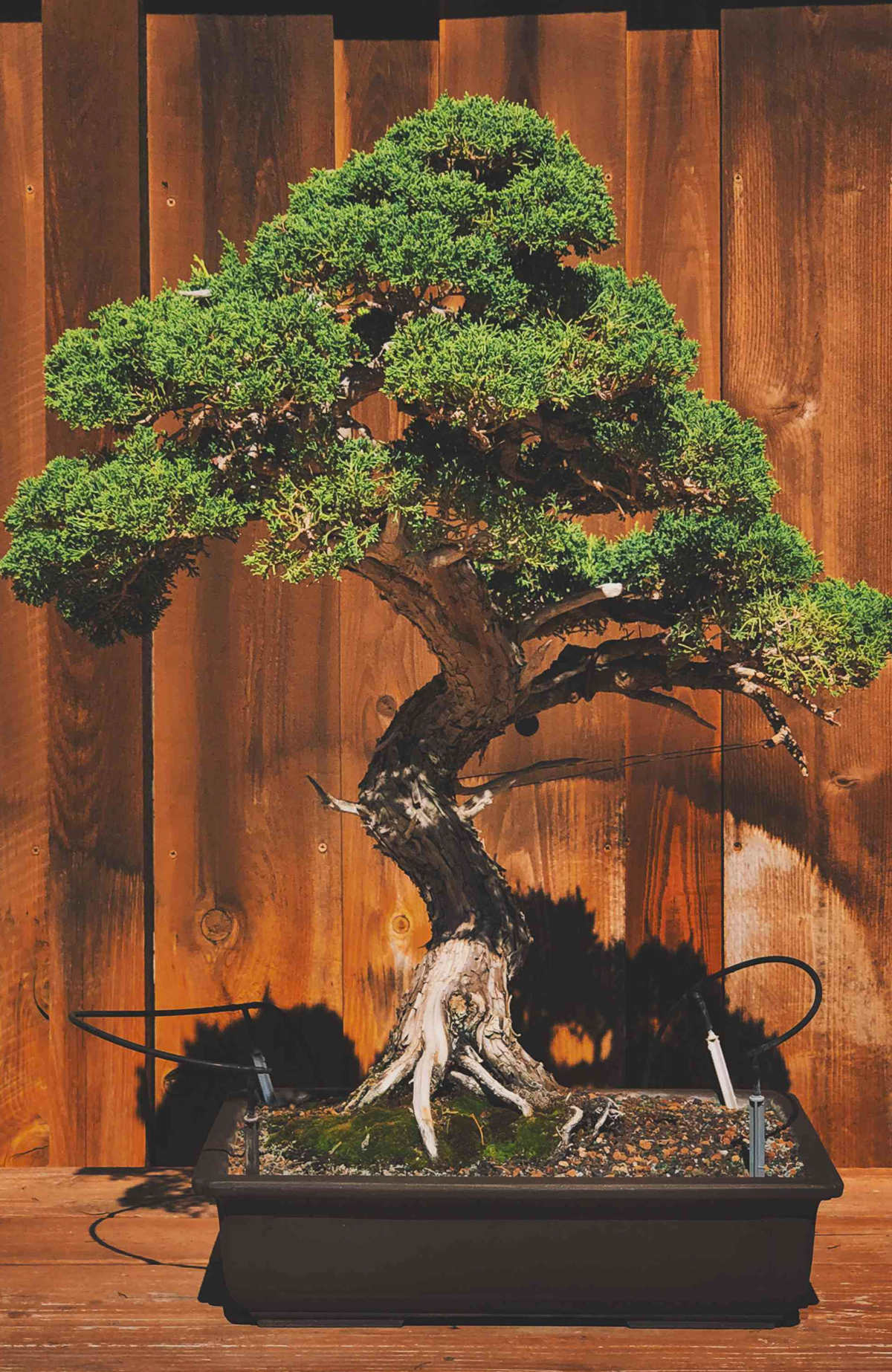

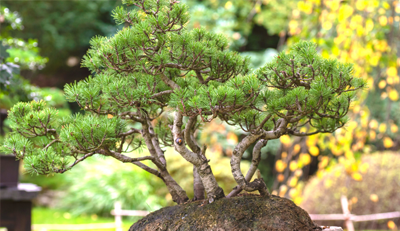
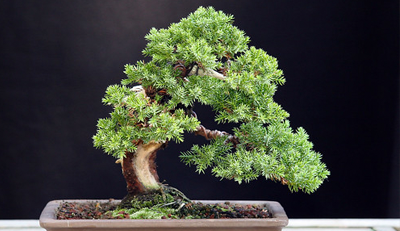
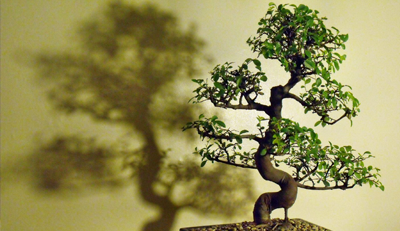
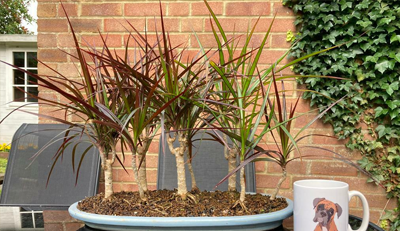

Several factors determine the placement of the bonsai such as local climate and time of year. As a general rule, most indoor bonsai are placed at the south facing window to get lots of light that is necessary for healthy growth. But then again it shouldn’t be placed too close to the window. Most indoor bonsai are subtropical and need humidity as well. So placing them on a humidity tray will do them good. They also need constant ambient temperature throughout the day.
If it’s an outdoor tree, it needs to be placed outside in the sunlight. A little shade in the summer months will be beneficial if you live in the hotter regions. While protection is required during the winter months, too much protection will do your tree more harm than good.
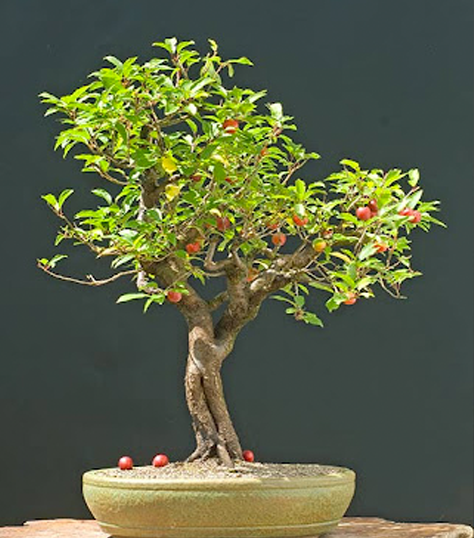
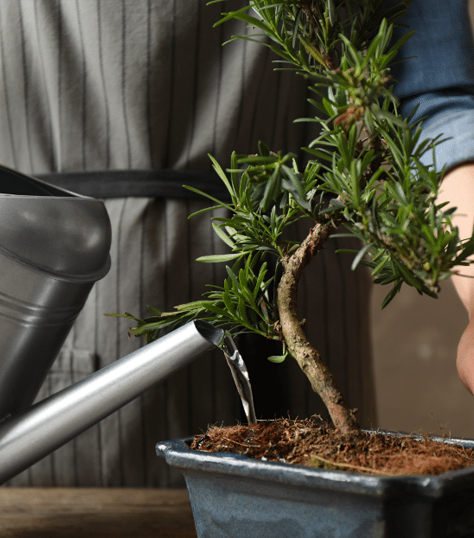
Another question you’ll frequently ask yourself is about your watering schedule. The answer to that will be every other day or so. Never allow the surface soil to dry out completely. But your tree may need frequent watering during hot and dry weather months. If the soil feels very dry to the touch, don’t hesitate to water it.
Over and under-watering may both be helpful but follow these general guidelines:
So, you see, Bonsai basics aren’t that difficult either. Go ahead. Bring your kind of bonsai home.
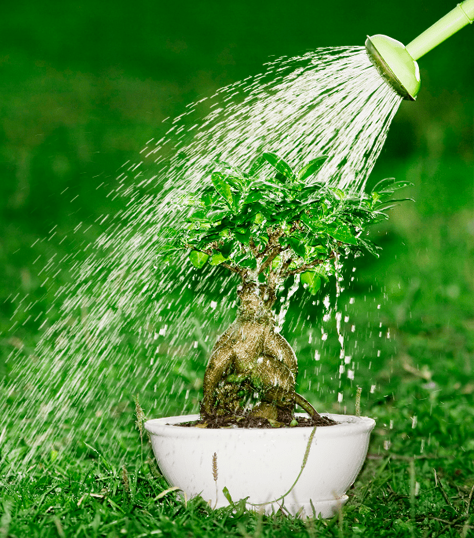
Wind chimes have two main benefits. The sounds produced by wind chimes are non harmony sounds that have a calming effect on the mind. These sounds can greatly aid meditation, reduce stress and promote relaxation. They have a healing effect on the mind. They bring feelings of inner peace and a sense of overall balance and well-being. Moreover, in some Oriental schools of thought, wind chimes are supposed to create Zen energy attracting peaceful spirits while driving away the evil ones. They create a positive aura in the particular space in which they are placed dispelling the negative energies. Wind Chimes also enhance the aesthetics of a home adding colors and variety to your decor.
According to the principles of Feng Shui, a wind chime, installed in the north-western or western corner of the house can drive away bad luck.
The unusual sounds of the wind chimes may scare away the birds for the first few times, but it’s more likely that as they get used to the sounds of the wind chimes, they will eventually return.
Be it a birthday, anniversary, Mother’s Day, Christmas, or a housewarming , every time the wind blows, the person will remember you. That in itself makes wind chimes an ideal gifting idea. Wind Chimes can accent your garden, or patio, or even be hung indoors. Wind Chimes in the kitchen can add new joy to your chores. LED wind chimes in the garden can create your very own evening wonderland resplendent in radiant colors, that leave your guests delighted and happy.
If you’re buying traditional wind chimes, remember that wind chimes with many tubes can combine more sounds to create different harmonies, while wind chimes with fewer tubes have a smaller range of well-tuned sound. On the other hand, you can also buy our solar powered LED wind chimes. They come in a variety of designs shining beautifully to transform your outdoor spaces in radiant colors.

A sprinkle of joy 😍 Do you want more happiness infused into your life? Well, you can bring home a diffuser. VIEW MORE BUY NOW

Bonsai 101 Things to watch out for Going back to the basics, have you ever tried to translate the word Bonsai? The word is Japanese

We see many people living up to 80 or even 100. So what is the secret to a longer, happier and healthier life? Studies show